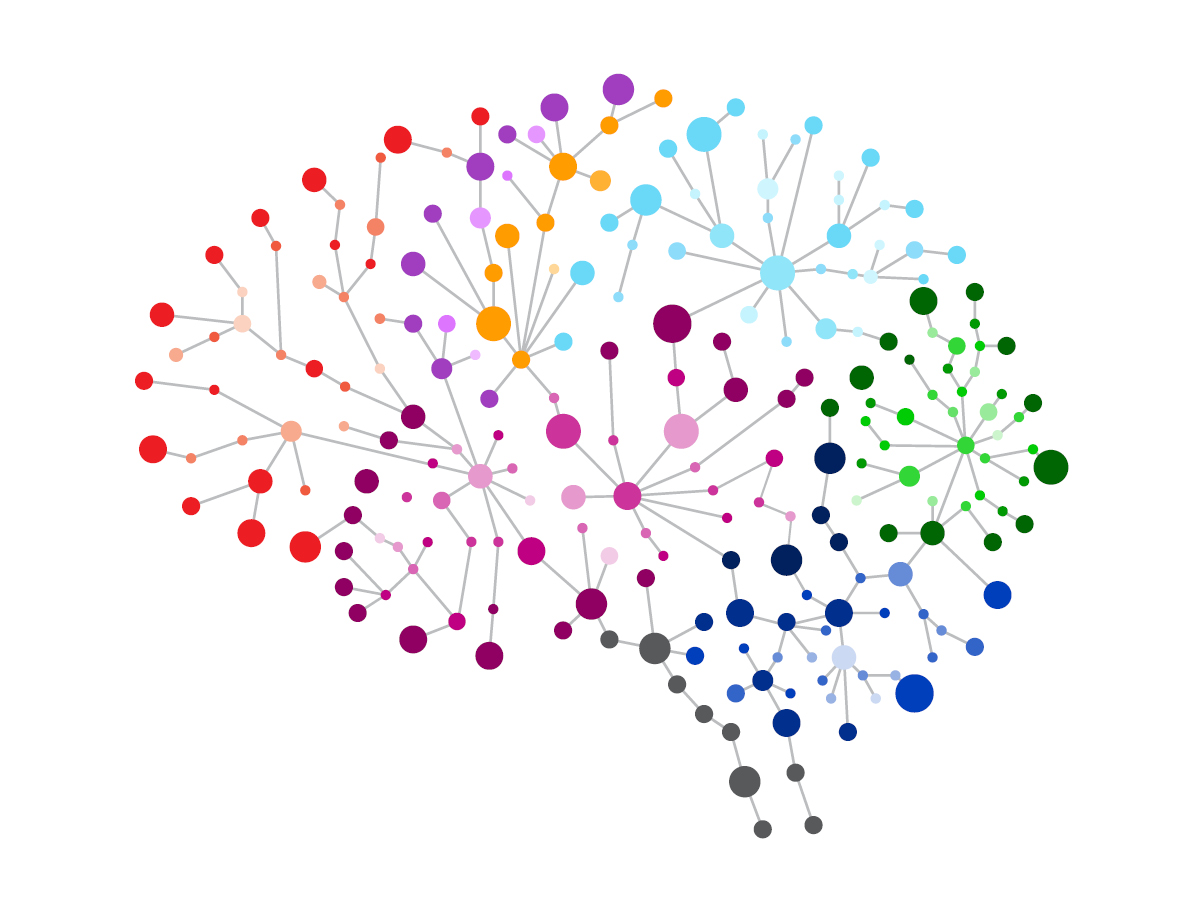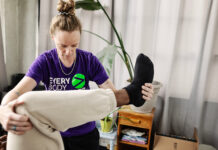Being pitched into a pandemic has shown many of us what it’s like to live with uncertainty, to have our dreams dashed and be confronted with barriers to authentic human connection at a time when we could really use it. Some of us put on a brave face but beneath it we are struggling.
For some people, wearing a mask in uncertain times is nothing new. Almost one in eight Canadians struggle with depression. If left untreated, depression doesn’t simply go away. Instead, it can rob people of precious opportunities and lead to missed work and increased health-care costs.
Even for those who do seek treatment, there is often no quick fix. Sadly, as many as 21 per cent of depression cases are classified as treatment resistant because first-line pharmaceutical and therapy options do not relieve symptoms and lead to recovery. This means people can do all of the right things and still be burdened with depression limiting their potential to live rich, fulfilling lives.
Frustration and hopelessness have led people to look for better options. And some have found success with an innovative depression treatment called repetitive Transcranial Magnetic Stimulation or rTMS. Using extremely safe, focused magnetic pulses, rTMS gently stimulates and rewires brain networks implemented in depression.
Dr. Frank MacMaster, a University of Calgary associate professor in the department of psychiatry, provided teenagers with treatment-resistant depression the opportunity to try rTMS as part of his research. While anti-depressants and therapy did not help these youth, over 50 per cent of those in the study saw incredible progress after just three weeks of treatment. Following 15, 40-minute sessions, those youth were able to re-engage with family, friends, school, work, and community activities. As researchers continue to refine this technology, they are also studying its potential to treat other mental health conditions including PTSD and Tourette Syndrome.
MacMaster is now partnering with local organizations like Branch Out Neurological Foundation and the Rotary Club to get this exciting technology out of the lab and into the doctor’s office so it is available to more people. While there are several private rTMS clinics across Canada (not covered by provincial healthcare) Alberta is the first province to develop a publicly-available rTMS program with clinics in Edmonton and Calgary. Those interested can discuss the treatment option with their psychiatrist.
 IMPACT Magazine’s November Edition
IMPACT Magazine’s November Edition
RBC Olympic hopefuls Hayley Daniels, Sam Effah and Kate Wright as our inspiring cover athlete stories! Get prepared for winter running, making movement part of your workday, and exploring great hikes near Calgary and Vancouver.
















